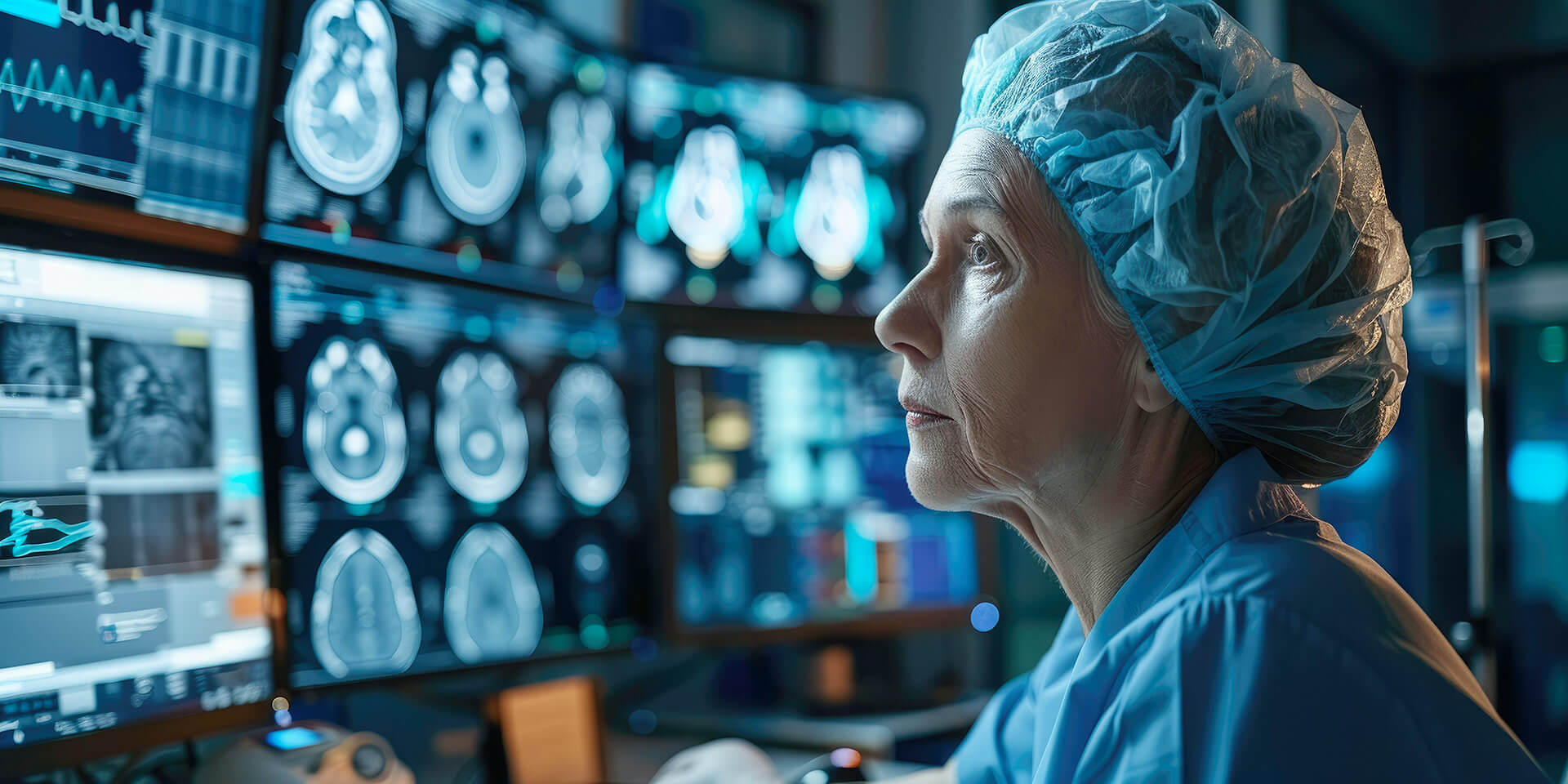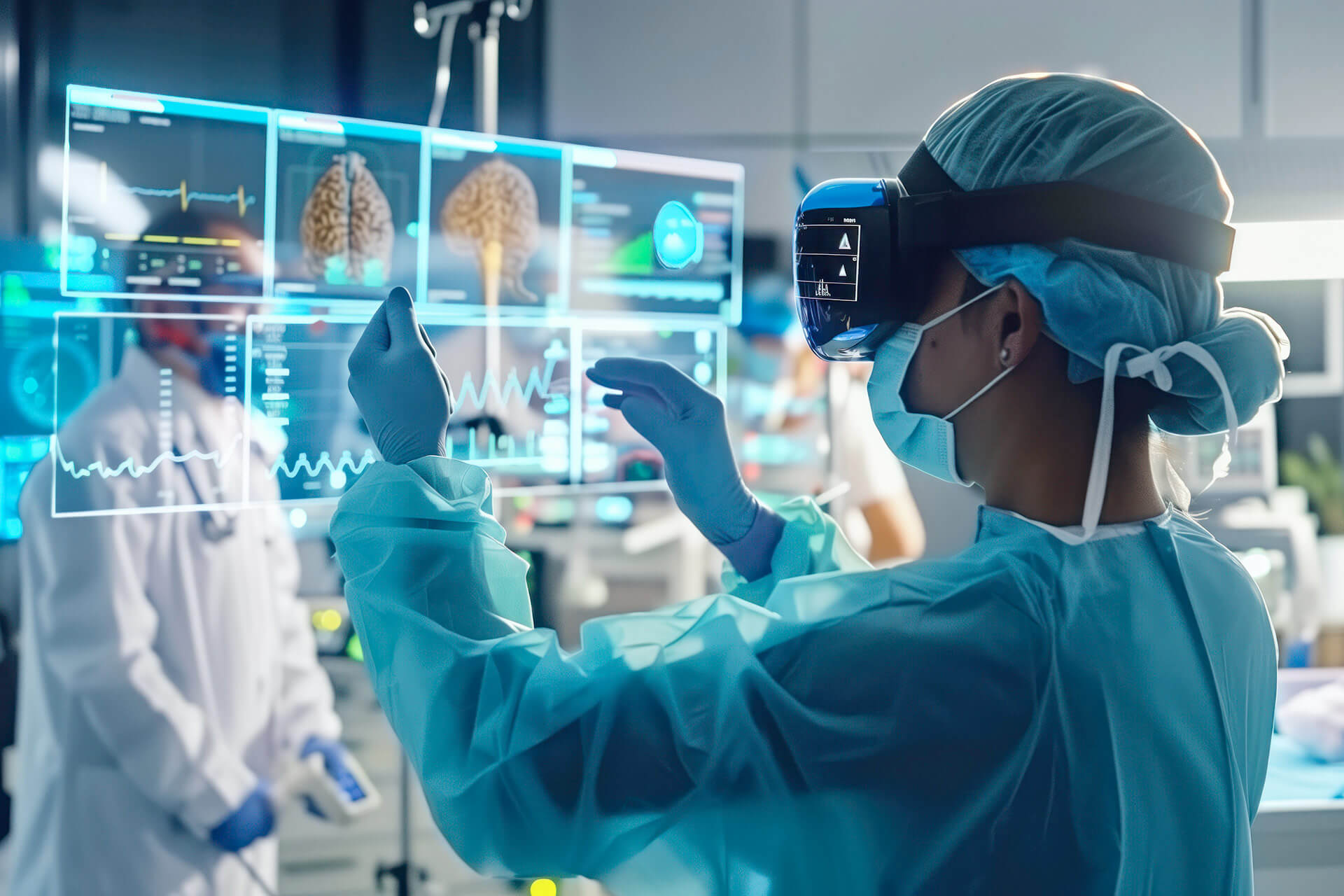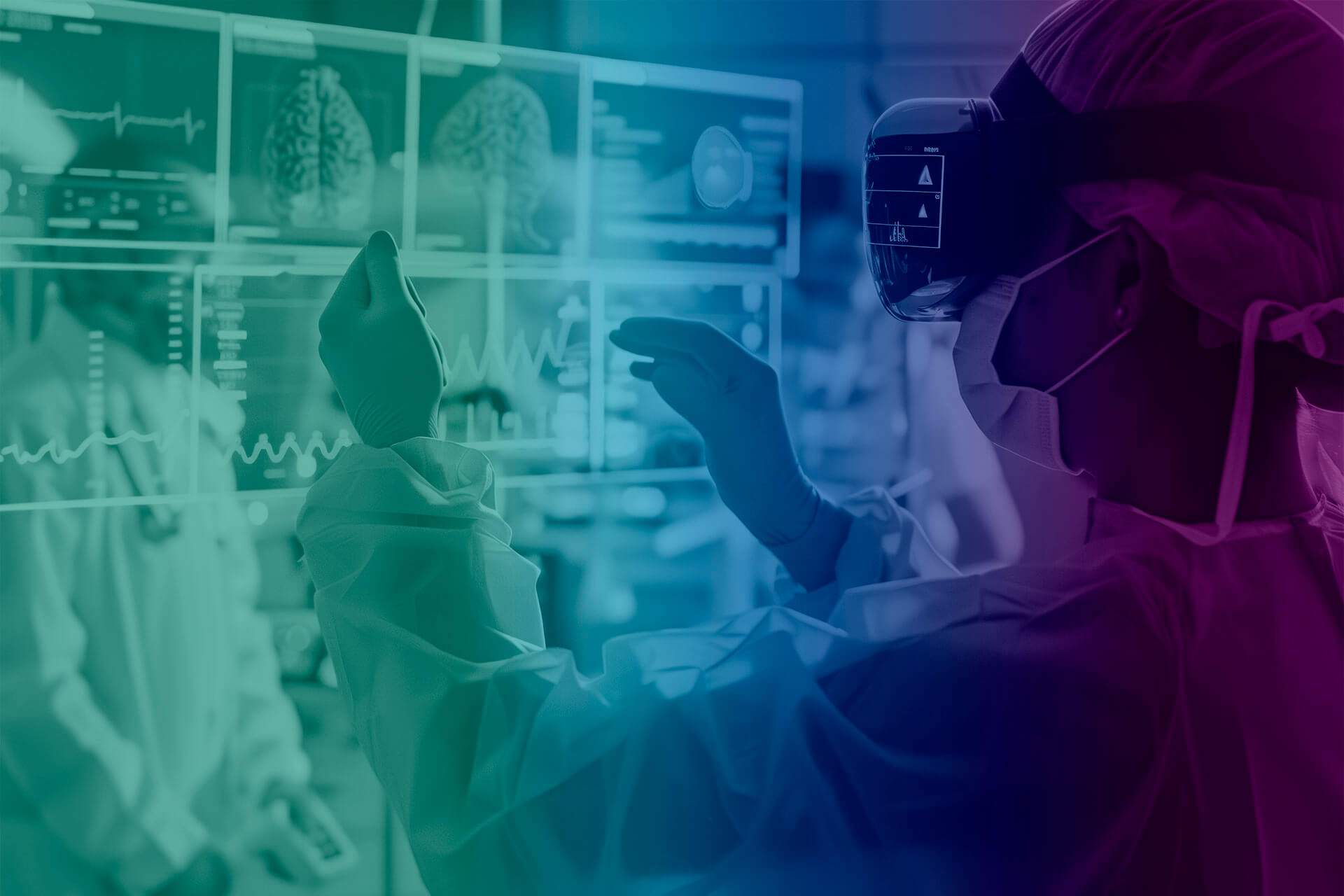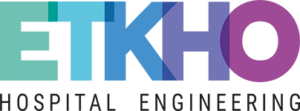In the modern era, data analytics in precision medicine has become a critical component in a wide range of fields.
This precision medicine, also known as personalized medicine, has benefited greatly from the analysis of large volumes of data to offer more effective and personalized treatments to patients.
Undoubtedly, this relationship between data analysis and precision medicine is crucial to understand and address various diseases more accurately and efficiently, as well as improve the functioning of all medical systems and equipment in a hospital.
What is precision medicine?
Precision medicine is based on the idea that each patient is unique and responds differently to treatments.
Instead of taking a one-size-fits-all approach, precision medicine uses detailed information about the patient, including their genetic, molecular, environmental and lifestyle data, to personalize treatments and improve outcomes.
This approach focuses on identifying specific biomarkers that can predict a patient’s response to a certain treatment, allowing for more accurate and effective medical care.

The role of data analytics in precision medicine
Data analytics has become a cornerstone of precision medicine by enabling doctors and scientists to extract meaningful insights from vast, complex data sets.
This data may include genomic information, clinical data, medical images, lifestyle information, and other factors relevant to an individual’s health.
By applying advanced data analysis techniques, such as machine learning and artificial intelligence, researchers can identify patterns and correlations that might otherwise go unnoticed.
Accurate prediction and diagnosis
Data analysis can help predict disease risk based on genetic and environmental factors, allowing for early preventive interventions. Additionally, it can improve diagnostic accuracy by identifying patterns in data that indicate the presence of a disease in its early stages, even before symptoms appear.
Personalization of treatments
By analysing a patient’s genetic and molecular data, doctors can select specific treatments that are more effective and have fewer side effects. This reduces the need for trial and error in treatment selection, which in turn accelerates the recovery process and improves the patient’s quality of life.
Drug development
Data analysis is also essential in the development of new drugs and therapies. By studying the underlying biology of a disease through large data sets, researchers can identify potential therapeutic targets and design drugs that specifically target those targets.
Monitoring and tracking
Continuous analysis of patient data allows real-time monitoring of their health status. This is especially useful in the case of chronic diseases, where subtle changes in data may indicate disease progression or the need to adjust treatment.

What challenges does data analysis present?
Patient data privacy and security are top concerns when it comes to challenges, especially when it comes to highly sensitive genetic and medical information. It is imperative to implement robust security measures and ensure compliance with data privacy regulations to protect patient confidentiality.
Additionally, it is important to consider the ethical implications of using data in precision medicine. Equitable access to advances in personalized medicine and transparency in data management are critical aspects that must be addressed to ensure that all patients benefit equally from these advances.
Electrical engineering in precision medicine
Electrical engineering plays a key role in improving medical services in hospitals and advancing precision medicine.
Through various technologies, tools, systems and applications, it contributes to operational efficiency, precision in diagnoses and treatments, as well as the overall improvement of medical care.
In this specific case, it should be noted that precision medicine is based on the collection and analysis of data to personalize the diagnosis and treatment of diseases, considering the genetic and molecular variability of each patient.
Electrical engineering is crucial in the development of data analysis techniques and tools, such as AI, machine learning or the operation of electrical equipment and systems, which allow the identification of patterns and correlations in large sets of clinical and genomic data.
Ultimately, helping doctors make more informed decisions and design personalized therapeutic strategies for each patient.

Improving the efficiency of the healthcare system
The analysis of clinical data using new digital tools capable of managing and interpreting large amounts of information, such as new platforms based on artificial intelligence algorithms and machine learning, will improve the efficiency of the health system, the interoperability of data and quality. care, and will be key to promoting the advancement of precision medicine.
Likewise, the use of artificial intelligence tools could improve healthcare processes by between 30% and 40%.
These were some of the conclusions in a conference that brought together more than a hundred members of hospital management teams, managers, experts and health professionals at the Hospital Universitari i Politècnic La Fe in Valencia.
Among the experts cited, Bernardo Valdivieso, manager of the Hospital Universitari i Politècnic La Fe, has highlighted that “it is crucial to develop a solid strategy in the healthcare and research environment that places data at the center, to the extent that it can help promote healthcare of the highest quality supported by health results”.
“To achieve this, it is necessary to jointly face challenges such as the optimization of processes, the promotion of a unified electronic medical record, the promotion of interoperability, the reuse of data and the advancement of precision medicine,” he added.
“It is crucial to develop a solid strategy in the healthcare and research environment that places data at the center, to the extent that it can help promote healthcare of the highest quality supported by health results“
_ Bernardo Valdivieso, manager of the Hospital Universitari i Politècnic La Fe
Add the data to the governance of health centers
The director of the La Fe Hospital, José Luis Poveda, defended the importance of incorporating data management into the governance of health centers in order to take advantage of all the opportunities presented by this new paradigm, and has been convinced that “a “Proper use of artificial intelligence tools can improve between 30% and 40% of healthcare processes.”
For this reason, he has made it clear that currently “the use of data is not an option, it is an obligation” for health centers to achieve the highest quality of care.




